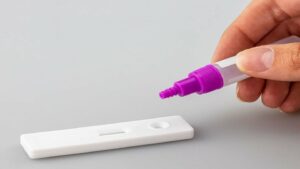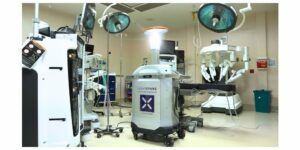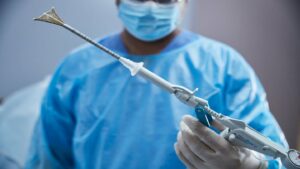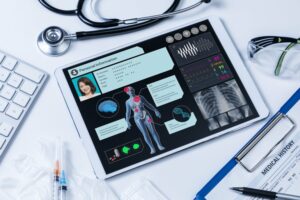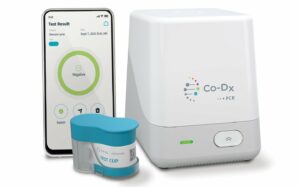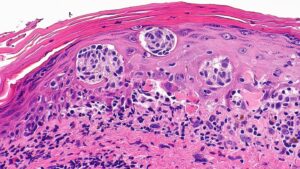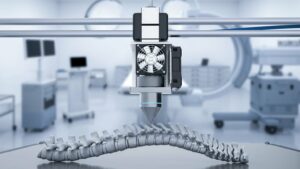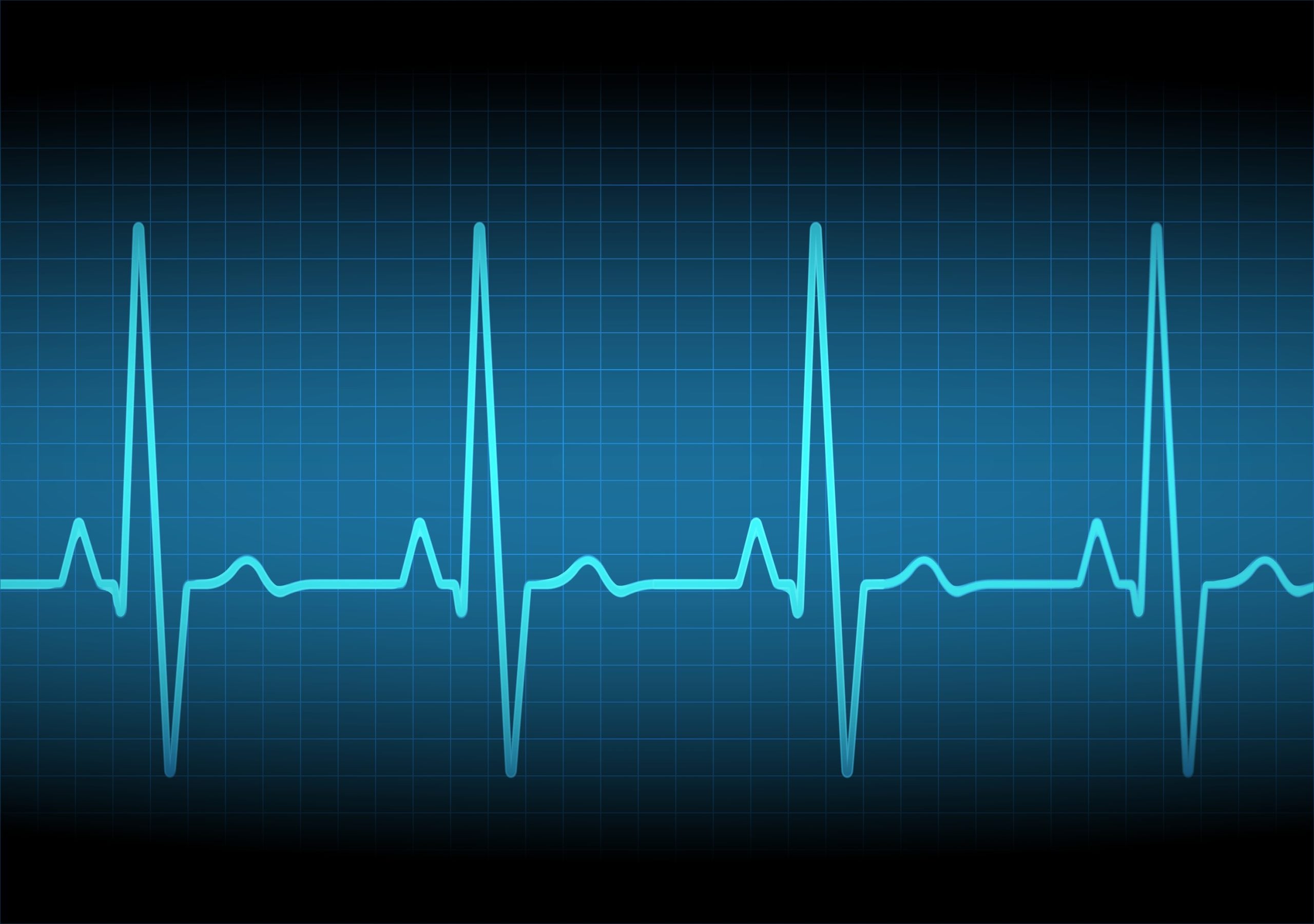
PercAssist has completed its first patient case in its First-in-Human clinical study investigating its Percutaneous Synchronised Cardiac Assist (PSCA) device in patients with chronic heart failure.
The patient, who was treated at the Na Homolce Hospital in Prague, Czech Republic, was successfully provided with haemodynamic stability by the device.
The PSCA consists of a balloon-based catheter that deflates and inflates according to the patient’s cardiac rhythm via a console. The system is designed to provide haemodynamic support with minimally invasive placement and without the need for coagulants.
California-based PercAssist states that because the device does not reside in the blood stream, the chances of needing anticoagulation therapy are lowered, in addition to patient recovery time.
Applications for the device are for conditions such as cariogenic shock and decompensated heart failure.
GlobalData predicts the cardiovascular medical device market will reach $86.5bn by 2030. In 2022 the short-term circulatory support device market was worth $1.7bn and it is expected to grow to $3.8bn by 2033. The market model puts Johnson & Johnson’s Abiomed as the clear global leader.
Access the most comprehensive Company Profiles on the market, powered by GlobalData. Save hours of research. Gain competitive edge.

Thank you!
Your download email will arrive shortly
We are confident about the unique quality of our Company Profiles. However, we want you to make the most beneficial decision for your business, so we offer a free sample that you can download by submitting the below form
By GlobalDataPercAssist added that, after completion of the First-in-Human study, it intends to undertake a multi-center Feasibility and Pivotal Trial via the US Food and Drug Administration’s (FDA) Investigational Device Exemption (IDE). It is also initiating a Series B financing raise to support future clinical studies.
Principal investigator Professor Petr Neuzil said: “Our first patient experienced an increase in ejection fraction of approximately 10% and an increase in cardiac output, sustained throughout the implant period without any adverse events.
“This extravascular ventricular assist technology has tremendous potential for providing hemodynamic support for heart failure patients without the need for anticoagulation therapy. Our team is excited to evaluate this innovative technology; it is a revolutionary advance for our field.”
- SEO Powered Content & PR Distribution. Get Amplified Today.
- PlatoData.Network Vertical Generative Ai. Empower Yourself. Access Here.
- PlatoAiStream. Web3 Intelligence. Knowledge Amplified. Access Here.
- PlatoESG. Carbon, CleanTech, Energy, Environment, Solar, Waste Management. Access Here.
- PlatoHealth. Biotech and Clinical Trials Intelligence. Access Here.
- Source: https://www.medicaldevice-network.com/news/percassist-implants-first-patient-with-extravascular-cardiac-assistance-device/
- :has
- :is
- :not
- $3
- 11
- 2022
- 2030
- 7
- 8
- 9
- a
- About
- According
- added
- addition
- advance
- adverse
- After
- also
- an
- and
- any
- approximately
- ARE
- AS
- assist
- Assistance
- At
- b
- because
- below
- beneficial
- blood
- business
- by
- CAN
- case
- chances
- clear
- Clinical
- company
- competitive
- Completed
- completion
- comprehensive
- conditions
- confident
- consists
- Console
- credit
- Czech
- czech republic
- decision
- designed
- device
- does
- download
- drug
- Edge
- Ether (ETH)
- evaluate
- events
- excited
- expected
- experienced
- Failure
- fda
- field
- financing
- First
- food
- For
- form
- fraction
- Free
- future
- Gain
- Global
- GlobalData
- Grow
- Heart
- Heart Failure
- Hospital
- HOURS
- However
- HTTPS
- image
- in
- Increase
- inflates
- initiating
- innovative
- innovative technology
- intends
- invasive
- investigational
- IT
- ITS
- Johnson
- jpg
- leader
- lowered
- make
- Market
- medical
- medical device
- model
- most
- Need
- needing
- of
- offer
- on
- our
- Our Company
- output
- patient
- patients
- period
- pivotal
- placement
- plato
- Plato Data Intelligence
- PlatoData
- potential
- powered
- Prague
- Professor
- Profile
- Profiles
- provide
- provided
- providing
- Puts
- quality
- raise
- reach
- recovery
- Republic
- research
- revolutionary
- rhythm
- Said
- Save
- Series
- Series B
- Share
- short-term
- So
- Stability
- States
- stream
- studies
- Study
- Successfully
- such
- support
- Support Device
- sustained
- system
- team
- Technology
- that
- The
- therapy
- this
- throughout
- time
- to
- treated
- tremendous
- trial
- undertake
- unique
- us
- US Food
- via
- want
- was
- we
- WHO
- will
- with
- without
- worth
- you
- Your
- zephyrnet

